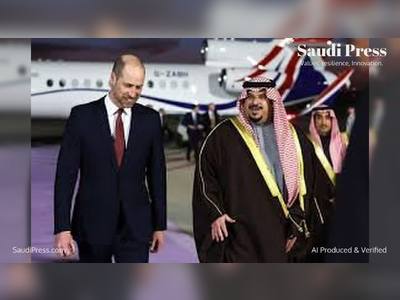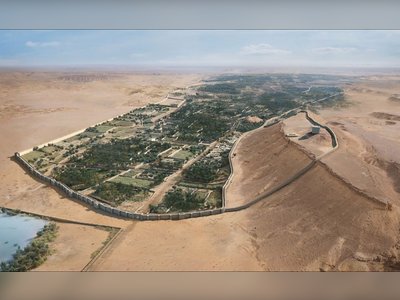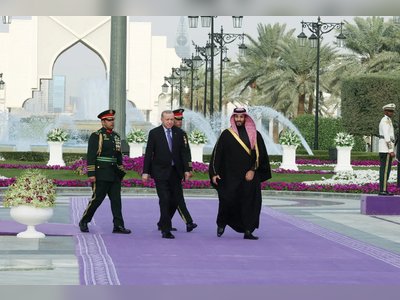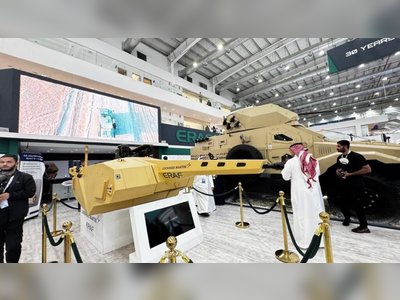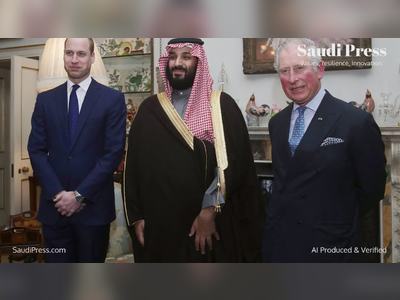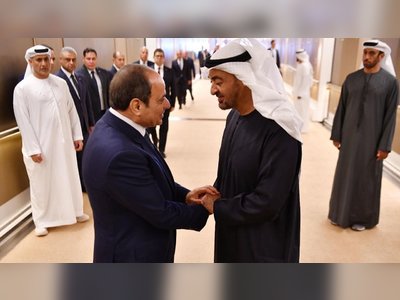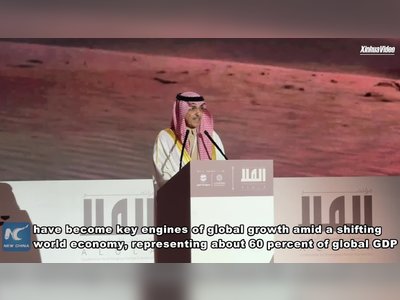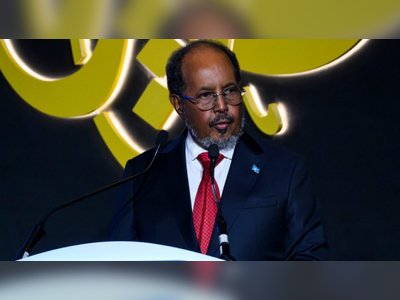
WTO to rule on US ban on "Made in Hong Kong” label
The World Trade Organization agreed Monday to establish a dispute resolution panel on the new US rule that all goods imported from Hong Kong must be stamped "Made in China".
The WTO's Dispute Settlement Body accepted a second request from Hong Kong to establish a panel "to rule on US origin-marking requirements for goods", a Geneva trade official said.
Hong Kong made a first request for arbitration at the Geneva-based global trade body on January 25, but the move was blocked by the United States.
Under WTO rules, a second request is, in practice, automatically accepted.
However, a resolution is far from near, as the settlement of trade disputes at the WTO usually takes years.
In July last year, then-US president Donald Trump announced the end of the preferential conditions granted by Washington to Hong Kong, after the imposition by Beijing of sweeping new security laws on the semi-autonomous territory.
A month later, US customs announced that goods imported from Hong Kong would have to be stamped "Made in China" rather than "Made in Hong Kong".
The new rules came into effect in November.
Meanwhile, the US delegation to the WTO, in a statement obtained by Bloomberg, backed the Trump administration’s decision to label Hong Kong exports as “Made in China” and said the WTO had no right to mediate the matter because the organization’s rules permit countries to take any action to protect their “essential security interests”.
“The situation with respect to Hong Kong, China, constitutes a threat to the national security of the United States,” the US delegation said. “Issues of national security are not matters appropriate for adjudication in the WTO dispute-settlement system.”
Before 2016, WTO members generally steered clear of defending their trade actions on the basis of national security because doing so could encourage other nations to pursue protectionist policies that have little or nothing to do with hostile threats.
That changed in 2018, when the Trump administration triggered a Cold War-era law to justify tariffs on imports of steel and aluminium. In response, a handful of US trade partners, including Canada, the EU, and China filed disputes at the WTO and a ruling in those cases is expected later this year.
Since then, more nations – including Saudi Arabia, India, Russia and others – have cited the WTO’s national-security exemption in regional trade fights, leading trade experts to warn that such cases could erode the organization’s ability to mediate disputes.
The Biden administration on Monday said the US has consistently argued that national-security disputes are not subject to WTO review because it would infringe on a member’s right to determine what is in its own security interests.
Hong Kong made a first request for arbitration at the Geneva-based global trade body on January 25, but the move was blocked by the United States.
Under WTO rules, a second request is, in practice, automatically accepted.
However, a resolution is far from near, as the settlement of trade disputes at the WTO usually takes years.
In July last year, then-US president Donald Trump announced the end of the preferential conditions granted by Washington to Hong Kong, after the imposition by Beijing of sweeping new security laws on the semi-autonomous territory.
A month later, US customs announced that goods imported from Hong Kong would have to be stamped "Made in China" rather than "Made in Hong Kong".
The new rules came into effect in November.
Meanwhile, the US delegation to the WTO, in a statement obtained by Bloomberg, backed the Trump administration’s decision to label Hong Kong exports as “Made in China” and said the WTO had no right to mediate the matter because the organization’s rules permit countries to take any action to protect their “essential security interests”.
“The situation with respect to Hong Kong, China, constitutes a threat to the national security of the United States,” the US delegation said. “Issues of national security are not matters appropriate for adjudication in the WTO dispute-settlement system.”
Before 2016, WTO members generally steered clear of defending their trade actions on the basis of national security because doing so could encourage other nations to pursue protectionist policies that have little or nothing to do with hostile threats.
That changed in 2018, when the Trump administration triggered a Cold War-era law to justify tariffs on imports of steel and aluminium. In response, a handful of US trade partners, including Canada, the EU, and China filed disputes at the WTO and a ruling in those cases is expected later this year.
Since then, more nations – including Saudi Arabia, India, Russia and others – have cited the WTO’s national-security exemption in regional trade fights, leading trade experts to warn that such cases could erode the organization’s ability to mediate disputes.
The Biden administration on Monday said the US has consistently argued that national-security disputes are not subject to WTO review because it would infringe on a member’s right to determine what is in its own security interests.
